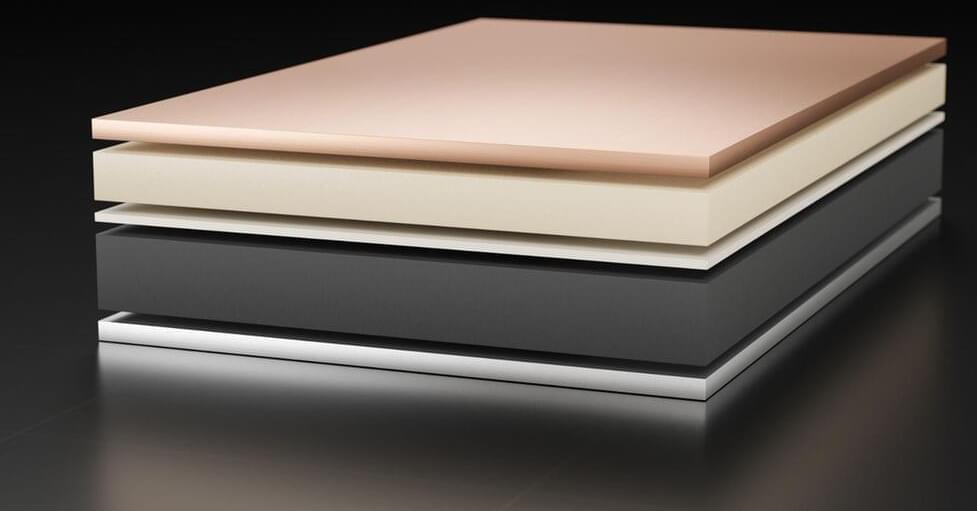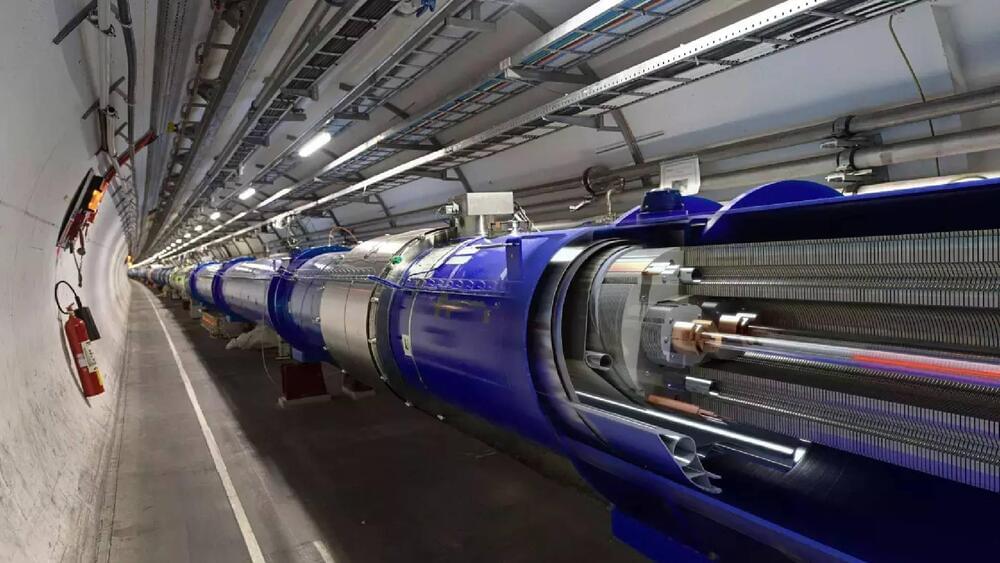Dec 14, 2022
Tesla’s sinking stock price pushes Elon Musk to #2 on the world’s richest list
Posted by Gemechu Taye in categories: Elon Musk, policy, sustainability, transportation
Musk’s attention to Twitter is hurting his bread and butter.
Since September last year, Elon Musk has been regarded as the world’s richest person. The stock price of the electric vehicle-making company Tesla has been the sole reason behind his dramatic rise to the top. With Tesla stock dropping 50 percent value since the beginning of the year, Musk has now dropped to number two on the list of the world’s richest people, Bloomberg.
Getty Images.
Continue reading “Tesla’s sinking stock price pushes Elon Musk to #2 on the world’s richest list” »

















